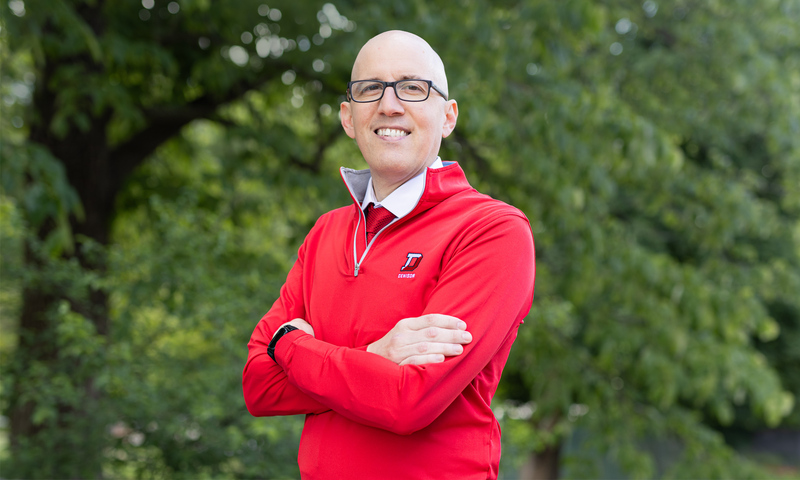The trees on the leaves have begun to fall, and the semester is now in full swing. Organizations have become more involved on campus, hosting more meetings, the workload has increased for many students, and the stress has begun.
Through all the chaos and busy schedules it is important to remember that although academics and involvement on campus are important, so is your well-being, that includes the amount of sleep that you sleep each night.
Research has been done on the sleeping habits of students and how that affects students overall. Students who are not getting enough sleep tend to have higher stress levels, they also gain weight more easily because the body needs more energy and that is gained through calories. In addition, students who are not getting the right amount of sleep tend to not be on their “A” game in their classes. Other consequences of sleep-loss are:
• More illnesses because the immune system is not as strong
• Increased mental health issues, such as depression and anxiety
• Decreased athletic performance
The University of Georgia states that a good amount of sleep for college students should be anywhere between 7-8 hours of sleep per night, but the average amount of sleep students achieve is 6-6.9 hours. Therefore, if you are getting less than the recommended amount or average amount, you should work on improving your sleeping habits.
Ten ways ways to improve your sleeping habits are:
• Maintain a regular wake and sleep schedule, even on the weekends
• Avoid caffeine before bed
• Create a sleep-friendly environment
• Don’t eat between 2-3 hours of your planned bedtime
• Put books and homework away at least 30 minutes to an hour before bedtime
• Turn out the lights when it's time to go to bed; a bright room will keep you awake
• Limit afternoon naps to one hour or less
• Don’t watch TV just before bed
• Exercise earlier in the day, never just before bed
• Sleep on a comfortable mattress and pillows
So, as you get through the rest of the semester, remember that getting the right amount of sleep is crucial to your health, academic performance and athletic performance. Improve your sleeping habits, and if you need help, contact the Whisler Center!


